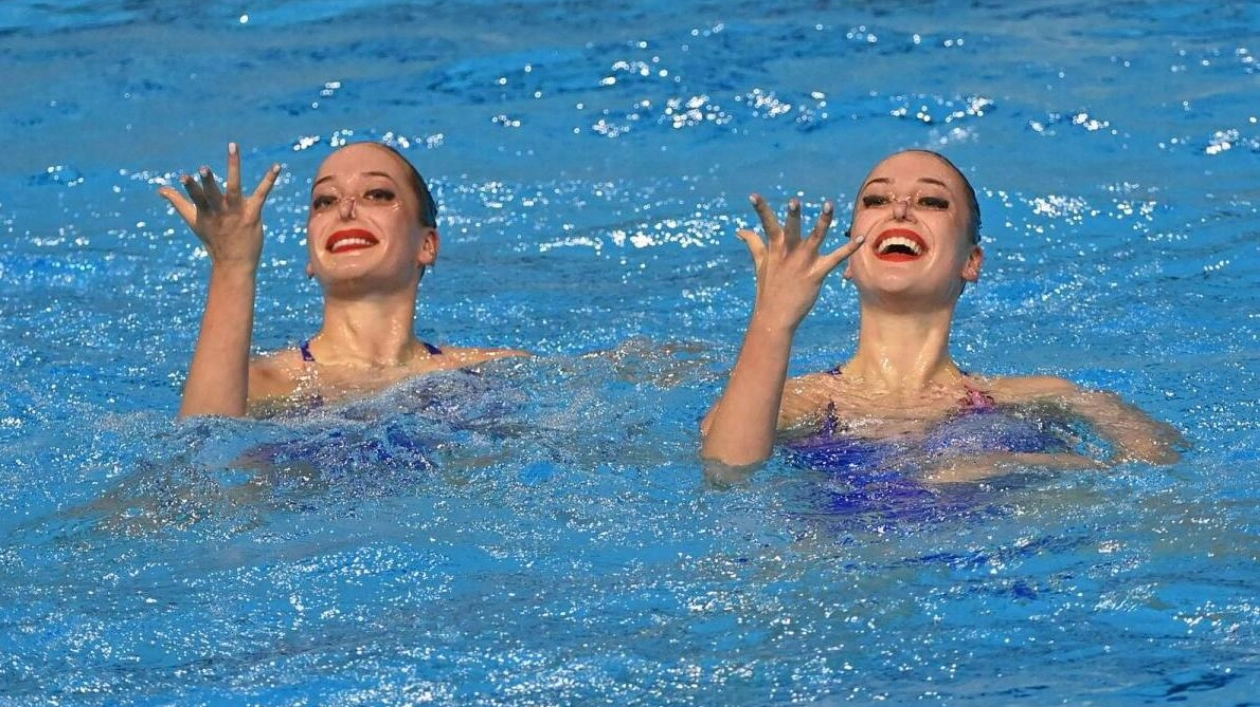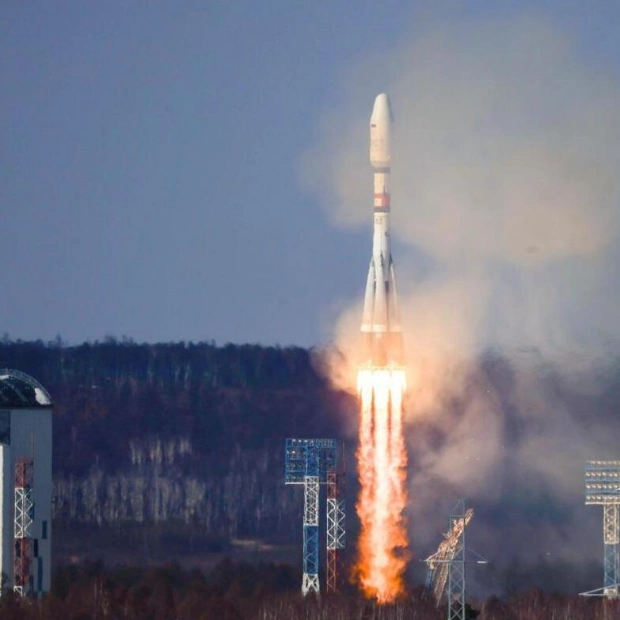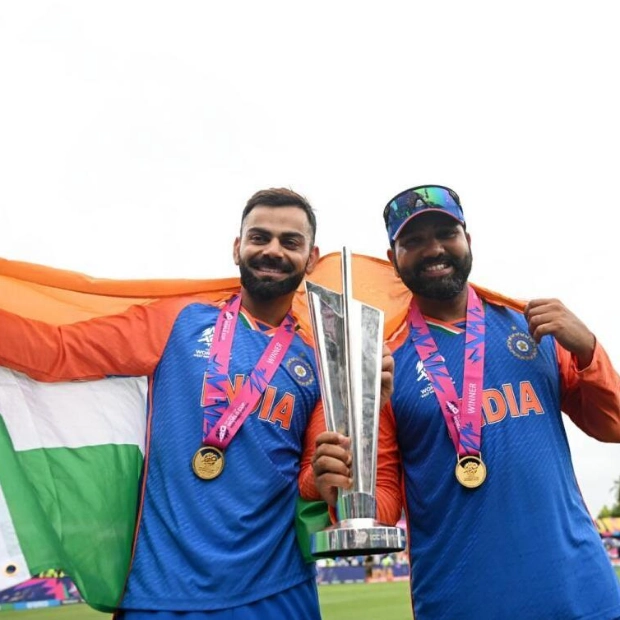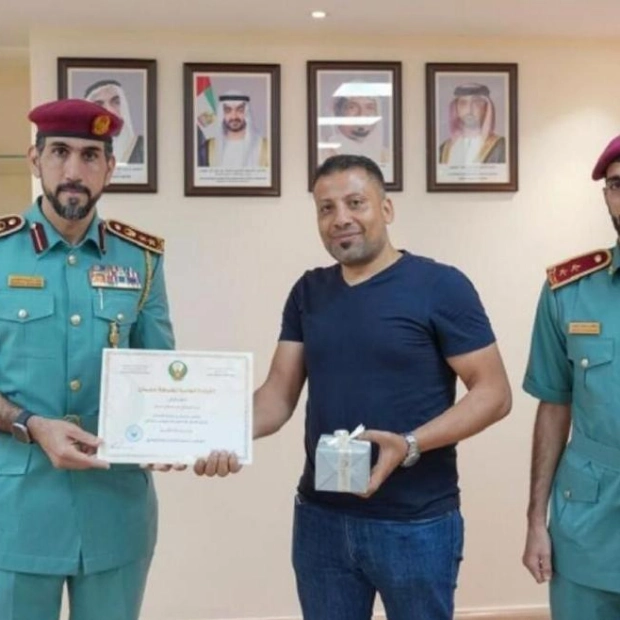As synchronized swimmers, Maryna and Vladyslava Aleksiiva are accustomed to maintaining a smile regardless of the circumstances. The sisters are among Ukraine's top contenders for a gold medal at the Paris Olympics, following their bronze win in artistic swimming at the Tokyo Games three years prior. However, the hardships they've endured—fleeing their home, enduring shelling, and seeking refuge in bomb shelters—have severely tested their resilient optimism. Maryna recounts moments when they had to hastily leave the pool to seek shelter in basements during close explosions. During the war, Russian tanks were halted in the outskirts of their hometown, Kharkiv, forcing the sisters to abandon their sparkling costumes during evacuation. Despite continuous bombardments, they returned to Kharkiv to prepare for the Games, even as missile attacks shattered the windows of their training pool.
Maryna detailed the widespread destruction: their training pool, school, and city center were all bombed. The Ukrainian army eventually repelled the Russian forces, but Kharkiv remains highly vulnerable, located just 30 kilometers from the border and subjected to frequent bombing. The situation worsened with a surprise Russian offensive in May, which was later thwarted. This hostile environment poses significant challenges for elite swimmers, especially with frequent power outages that leave the water unheated. AFP has chronicled the sisters' tumultuous journey to Paris, spanning from Kharkiv to various countries including Italy, France, Qatar, Poland, Spain, Japan, and back.
Vladyslava, the more reserved twin, expressed initial confusion at the onset of the war but soon realized their primary goal was to demonstrate courage and resilience. They fled Kharkiv with the national artistic swimming team and trained in Italy for six months before returning to Ukraine to be closer to their parents. They trained in Kyiv and occasionally in Kharkiv, even sleeping in bomb shelter corridors. Despite the dangers, they found solace in being together, even without electricity or music for training. During a break at the World Aquatics World Cup in France, they won the duet gold.
Despite moments of levity, the war's shadow loomed large. At the World Aquatics Championships in Fukuoka, Japan, they expressed difficulty focusing due to the ongoing conflict and their separation from family. They acknowledged the sacrifices of fellow athletes who died defending Ukraine. On a rare day off in Kharkiv, they remained unfazed by air raid sirens, with Maryna living on the top floor of her apartment, exposed to potential shelling. They adapted to daily sirens, checking news each morning to determine if it was safe to train, only seeking shelter when absolutely necessary.
Realizing the challenges of training in a war-torn Kharkiv, they relocated to Kyiv in February to finalize their preparations for the Paris Olympics. They expressed concern for their family in Kharkiv, now facing increased missile attacks and widespread destruction. Life in Kyiv, though safer, still presented significant mental and emotional challenges. Despite these adversities, they were selected to model Ukraine's Olympic outfits and met President Volodymyr Zelensky. Their childhood coach, Maryna Krykunova, always believed they would excel, noting their natural synchronicity and athleticism.
However, a recent rule change in artistic swimming, emphasizing technical over artistic elements, presents a new challenge. Their coaches are displeased with this shift, finding the new routines less artistic. The twins are determined to perfect their performance despite the rule changes and the unequal conditions they face compared to their rivals. Russia, a traditional powerhouse in the sport, will not compete as a team in the Olympics due to the invasion, though individual Russian athletes may participate as neutrals. Ukraine's foreign ministry criticized this decision, and the sisters initially opposed it, but have since refocused on their goal to showcase Ukraine's resilience.
A medal in Paris would be a powerful statement against their Russian competitors who trivialized the conflict. The sisters train diligently, aiming to convey Ukraine's courage to the world. Their journey reflects a blend of personal resilience and national pride, set against the backdrop of a war-torn homeland.






